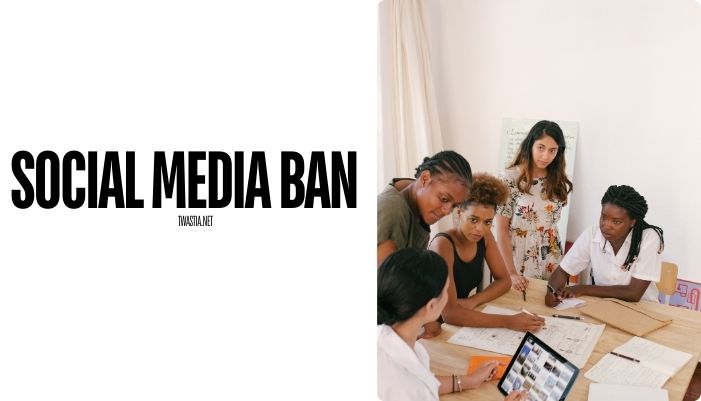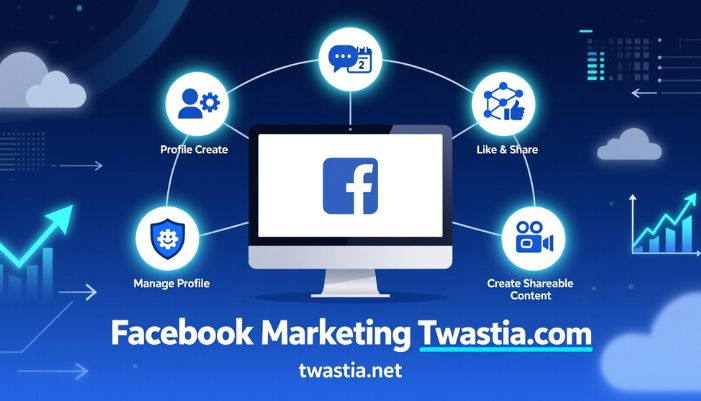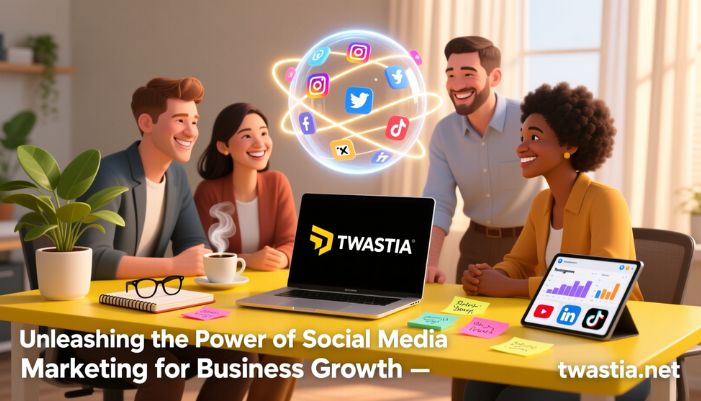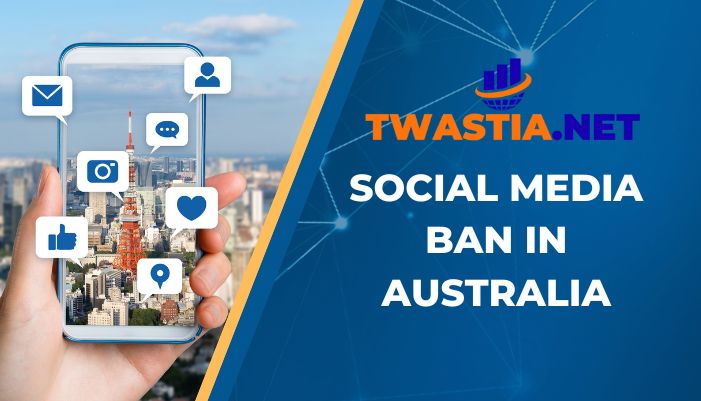Social Media Ban: What Happens and Why It Matters
Social media is part of our everyday lives. We use it to stay in touch, share ideas, and even do business. But what if one day, you can’t access social media? A social media ban means being blocked from certain platforms. This could happen in a country, region, or community. Let’s take a look at what happens during a social media ban and how it impacts people.
What Is a Social Media Ban?
A social media ban is when access to platforms like Facebook, Instagram, or Twitter is blocked. Governments or organizations might decide to block these platforms. They may do this for many reasons, such as political control or safety concerns. Social media bans can last for a short time or a long time. When this happens, many people feel frustrated because they can’t use the platforms they rely on.
Why Do Social Media Bans Happen?
Social media bans can happen for different reasons. Sometimes, a government wants to control what information is shared. They might block social media to stop the spread of certain ideas. At other times, social media is banned to protect people from harm, like bullying or dangerous content.
Bans can also happen when there is a threat to public safety. For example, if social media is used to plan violence, it might be shut down temporarily to keep people safe. In some cases, governments might also block platforms to stop misinformation from spreading.
How Does a Social Media Ban Affect People?
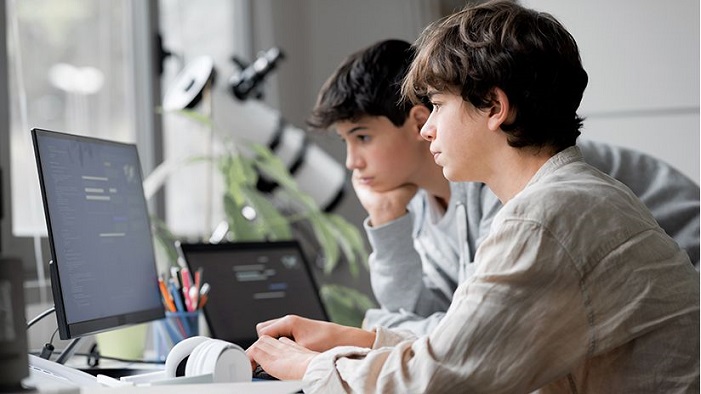
Social media bans have many effects on people. Let’s look at some of the ways people are affected when they can’t access social media.
Feeling Isolated
For many people, social media is how they connect with others. It’s how they keep in touch with family and friends. When social media is banned, it can feel like a big loss. People might feel cut off or isolated. They may also feel worried because they can’t get updates on news or events happening around them.
Business Impact
Businesses also rely on social media. They use platforms like Instagram, Twitter, and Facebook to promote their products and connect with customers. When these platforms are blocked, it can hurt their sales and reputation. Without social media, businesses can’t advertise, share updates, or communicate with customers as easily. This is especially hard for small businesses that depend on online marketing to reach their audience.
Difficulty Staying Informed
Social media is often a quick way to get news. When a ban happens, people might miss out on important updates. News websites and TV can help, but social media gives real-time updates that traditional media can’t match. Without social media, people might have trouble knowing what is happening in the world.
What Can You Do During a Social Media Ban?
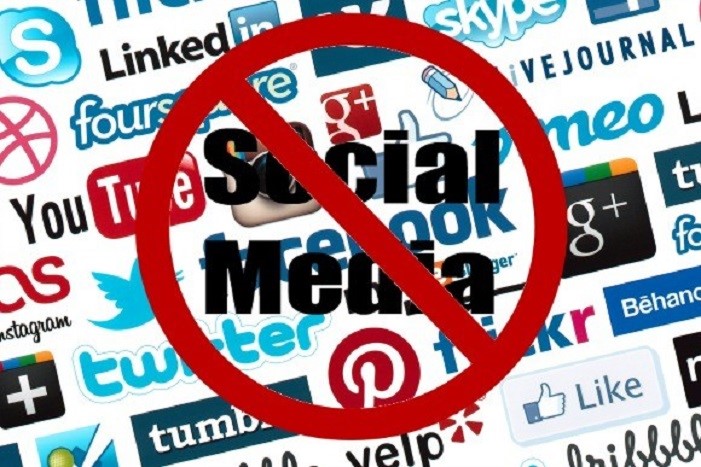
Even though a social media ban can be frustrating, there are things you can do. Here are some ways to stay connected and informed.
1. Use a VPN
A Virtual Private Network (VPN) can help you access blocked content. A VPN hides your location and lets you appear to be in another country. This means you can access platforms that may be blocked in your region. But using a VPN might not be legal everywhere, so always check local laws before using it.
2. Try Other Platforms
If your favorite platform is blocked, try using another one. For example, if Facebook is blocked, you might try Twitter or LinkedIn. These platforms are often less restricted and can help you stay connected with others. They also offer similar features, so you won’t miss out too much.
3. Stay Informed Through Other Sources
Even if social media is blocked, you can still stay informed. News websites, radio, and TV broadcasts can give you updates. You can also sign up for email newsletters that share important news. This way, you won’t miss out on any important events.
Conclusion
Social media bans can be hard to deal with. But understanding why they happen and knowing how to stay connected can help. When social media is blocked, you can use a VPN, try other platforms, or stay updated with trusted news sources. Always remember to check the laws in your area, and keep other communication methods handy. Social media is important, but it’s not the only way to stay connected.
Frequently Asked Questions
1. Why do countries block social media?
Countries block social media for many reasons. They may want to control information or prevent harmful content. Sometimes, they do it for safety reasons or to stop violence from spreading.
2. How can businesses survive during a social media ban?
Businesses can survive by using other platforms like LinkedIn or Twitter. They can also try email marketing or building their website to stay connected with customers.
3. Is it legal to bypass a social media ban?
It depends on where you live. In some countries, using a VPN to bypass a ban is illegal. Always check local laws before trying to bypass a social media ban.
4. What are some alternatives to social media during a ban?
You can use news websites, email, or apps like Telegram. These can help you stay in touch with others and stay informed about what’s going on.
5. How long do social media bans usually last?
The duration of a social media ban varies. It can last anywhere from a few hours to several weeks, depending on the situation. Sometimes bans are temporary, while other times they may be extended or even permanent.
6. Can a social media ban affect internet access overall?
In most cases, a social media ban only affects specific platforms like Facebook, Instagram, or Twitter. However, in some countries, internet access might be restricted, and entire services can be affected, including news sites and messaging apps.
7. Are social media bans effective in stopping misinformation?
Social media bans can stop the spread of misinformation temporarily, but they often don’t solve the root cause. Misinformation can still spread through other channels or be bypassed using tools like VPNs.
8. Can individuals or organizations challenge a social media ban?
In some cases, individuals or organizations may challenge a social media ban through legal means, especially if it violates freedom of speech or other rights. However, the effectiveness of these challenges depends on the country’s laws.
9. What are some common methods used to enforce social media bans?
Governments and organizations typically enforce social media bans by blocking access through local internet service providers (ISPs). They may also require platforms to remove specific content or disable accounts based on local regulations.
10. How do social media bans impact online communities?
Online communities often rely on platforms like Facebook, Reddit, or Discord for interaction. When these platforms are banned, it disrupts communication, making it harder for members to stay connected, share ideas, or collaborate.
